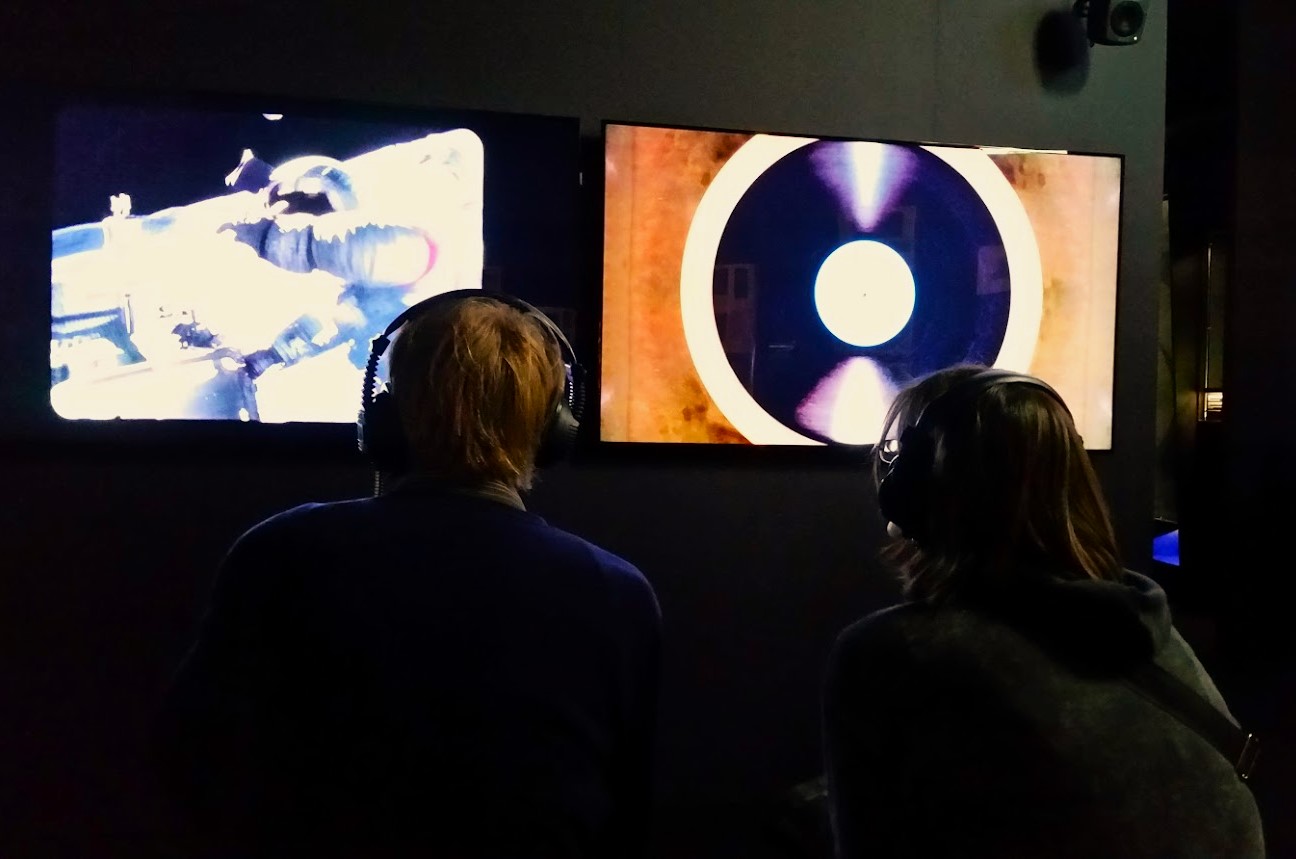
People watching television. — Image by © Tim Sandle.
Many who consume television in the U.S. are apparently using subtitles even for shows made in the UK and broadcast in English. This is particularly when Peaky Blinders or Derry Girls are watched. This is not because the shows are in a different language, but because certain the British accents are just too hard to follow.
To perhaps compensate this need, a study reveals how training your ear to these different sounds may actually benefit in learning a language. The data has been gathered by the firm Preply and it reveals a link between understanding accents and learning foreign languages.
In a survey of over 1,200 Americans, Preply found:
- 50% of Americans say they watch TV with subtitles most of the time
- 83% say they use subtitles specifically to understand English-language shows, not foreign ones
- British, Scottish, and Irish accents ranked among the hardest to understand
- Even Southern U.S. accents challenged comprehension for many
The problem becomes the solution
Instead of seeing unfamiliar English accents as an obstacle, Preply says U.S. viewers should treat them as a training tool that could help them become better listeners, sharper speakers, and even more successful foreign language learners.
Anna Pyshna, spokesperson for Preply, has explained more to Digital Journal.
Pyshna says: “The problem isn’t translation, it’s sound. Americans simply haven’t been exposed to the full range of English accents, and that lack of exposure makes it harder to understand new ones. But the same skills that help you understand a Glaswegian character also help you learn a new language.”
British accents as a language-learning shortcut
Designed for passive listening some audio tools use immersive repetition to help listeners adjust to the rhythms and sounds of each accent. These are based on research showing that listening to unfamiliar speech patterns improves phonetic awareness — the ability to hear, process, and reproduce new sounds. That skill is essential when learning any language.
The science behind it
Most language learning starts with listening. If you cannot understand the sounds, it is hard to learn the words, and even harder to say them out loud.
British accents offer a kind of shortcut. For example:
- Scouse (Liverpool) uses rolled “r” sounds similar to Spanish or Italian
- Geordie (Newcastle) features a “glottal stop” like in Hebrew or Thai
- Glaswegian (Glasgow) uses rhythmic stress patterns found in German or Dutch
- Brummie (Birmingham) has flatter tones that resemble Finnish or Russian
Pyshna adds: “Even if you’re not actively learning one of those languages, training your ear to understand unfamiliar English accents builds the auditory flexibility to recognize and reproduce new sounds. Your ears lead the way, so once you can hear the subtle differences, your brain can better guide your mouth to pronounce words more fluently and naturally in any language.”
